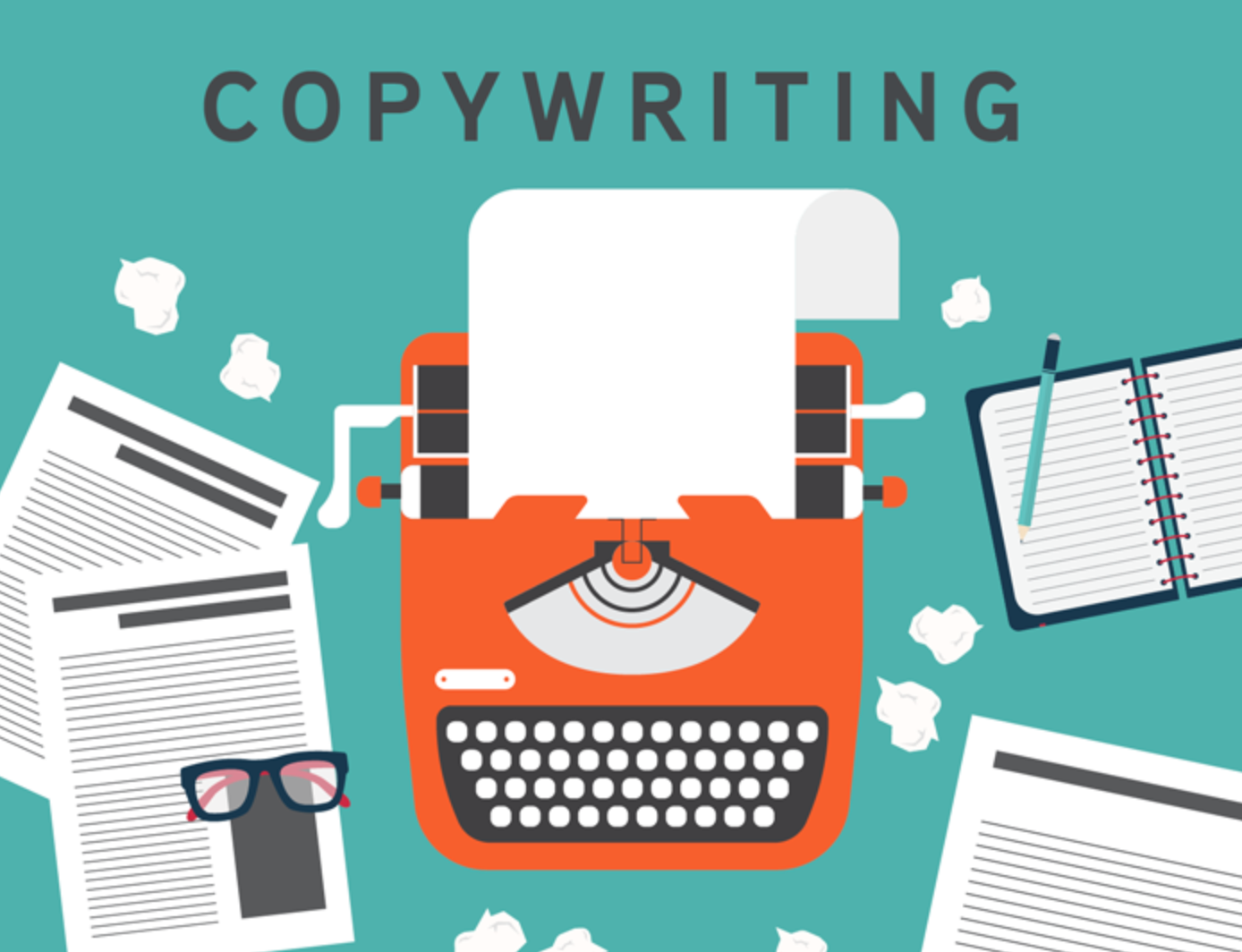Understanding the Copywriting Agreement
Definition and Purpose
A Copywriting Agreement outlines the scope of work, responsibilities, payment terms, and legal rights related to the creation and use of written content. It ensures clarity and protection for both parties involved in copywriting projects.
Key Elements of a Copywriting Agreement
Parties Involved
Identify the client and the copywriter, including their contact details and legal entities (if applicable).
Scope of Work
Specify the nature of the writing services to be provided, including the type of content (e.g., web copy, articles, advertisements), desired tone and style, deadlines, and any revisions included.
Payment Terms
Outline the compensation structure, including rates, payment schedule (e.g., per project, hourly, milestone payments), invoicing procedures, and penalties for late payments.
Copyright Ownership
Address who will own the intellectual property rights to the content created (typically the client upon full payment), and any rights granted to the client for use and modification.
Confidentiality
Include provisions to protect confidential information shared during the course of the agreement, ensuring it is not disclosed to third parties without consent.
Indemnity
Define each party’s liability limits and responsibilities in case of disputes, infringements, or claims arising from the content’s use or publication.
Termination Clause
Specify conditions under which either party can terminate the agreement, such as breach of contract, non-performance, or mutual agreement.
Governing Law and Jurisdiction
State that the agreement is governed by the laws of England and Wales, and specify the jurisdiction for resolving any legal disputes.
Legal Considerations and Compliance
Compliance with UK Contract Law
Ensure the agreement meets UK contract law principles, including offer, acceptance, consideration, intention to create legal relations, and certainty of terms, to make it legally enforceable.
GDPR Compliance
If personal data is involved (e.g., client information), ensure compliance with the General Data Protection Regulation (GDPR) regarding data handling, processing, and security.
Expert Advice and Resources
Legal Guidance and Templates
Consult legal professionals specializing in commercial contracts or use templates specifically designed for Copywriting Agreements under UK legal standards to ensure thorough coverage and compliance.
Conclusion
A well-drafted Copywriting Agreement protects the interests of both clients and copywriters by clearly defining expectations, responsibilities, and legal rights. By incorporating the key elements and legal considerations outlined in this guide, businesses and freelancers can establish productive and legally sound partnerships in copywriting projects.
What is a Copywriting Agreement?
A Copywriting Agreement is a legal contract between a client and a copywriter that defines the terms and conditions under which written content will be created, including scope of work, payment terms, and ownership rights.
Why do I need a Copywriting Agreement?
Having a Copywriting Agreement ensures clarity on project expectations, protects intellectual property rights, defines payment terms, and sets out legal responsibilities for both parties involved.
What should be included in a Copywriting Agreement?
Key elements include scope of work, deadlines, payment details, copyright ownership, confidentiality clauses, termination conditions, indemnity provisions, and governing law.
Who owns the copyright to the content created under a Copywriting Agreement?
Typically, copyright ownership transfers to the client upon full payment unless otherwise specified in the agreement. The copywriter may retain moral rights even after assignment.
How are payments structured in a Copywriting Agreement?
Payment structures vary but commonly include fixed fees per project, hourly rates, or milestone payments. Payment terms, invoicing procedures, and penalties for late payment should be clearly outlined.
Can I use a template for a Copywriting Agreement?
Yes, templates can be used as a starting point, but it’s crucial to customize them to fit the specific needs of your project and ensure compliance with UK legal standards and the particulars of your agreement.
What happens if there are changes to the scope of work in a Copywriting Agreement?
Changes should be documented in writing through a formal amendment to the agreement, specifying revised terms, additional costs (if any), and agreed-upon deadlines for the new scope of work.
Are there confidentiality requirements in a Copywriting Agreement?
Yes, confidentiality clauses protect sensitive information shared during the project, preventing its unauthorized disclosure or use by either party without consent.
How can a Copywriting Agreement be terminated?
Termination clauses outline conditions under which either party can terminate the agreement, such as breach of contract, non-performance, or mutual agreement. Procedures for notification and handling of ongoing work should be included.
What legal considerations should be addressed in a Copywriting Agreement?
Ensure compliance with UK contract law principles, clarity on copyright issues, GDPR compliance if handling personal data, and provisions for dispute resolution under English law and jurisdiction.
- Website Privacy Policy – First & Third-Party Cookies + Analytics - August 10, 2024
- Plant Maintenance Agreement - August 7, 2024
- Hire Of Room, Hall Or Other Premises - August 4, 2024










